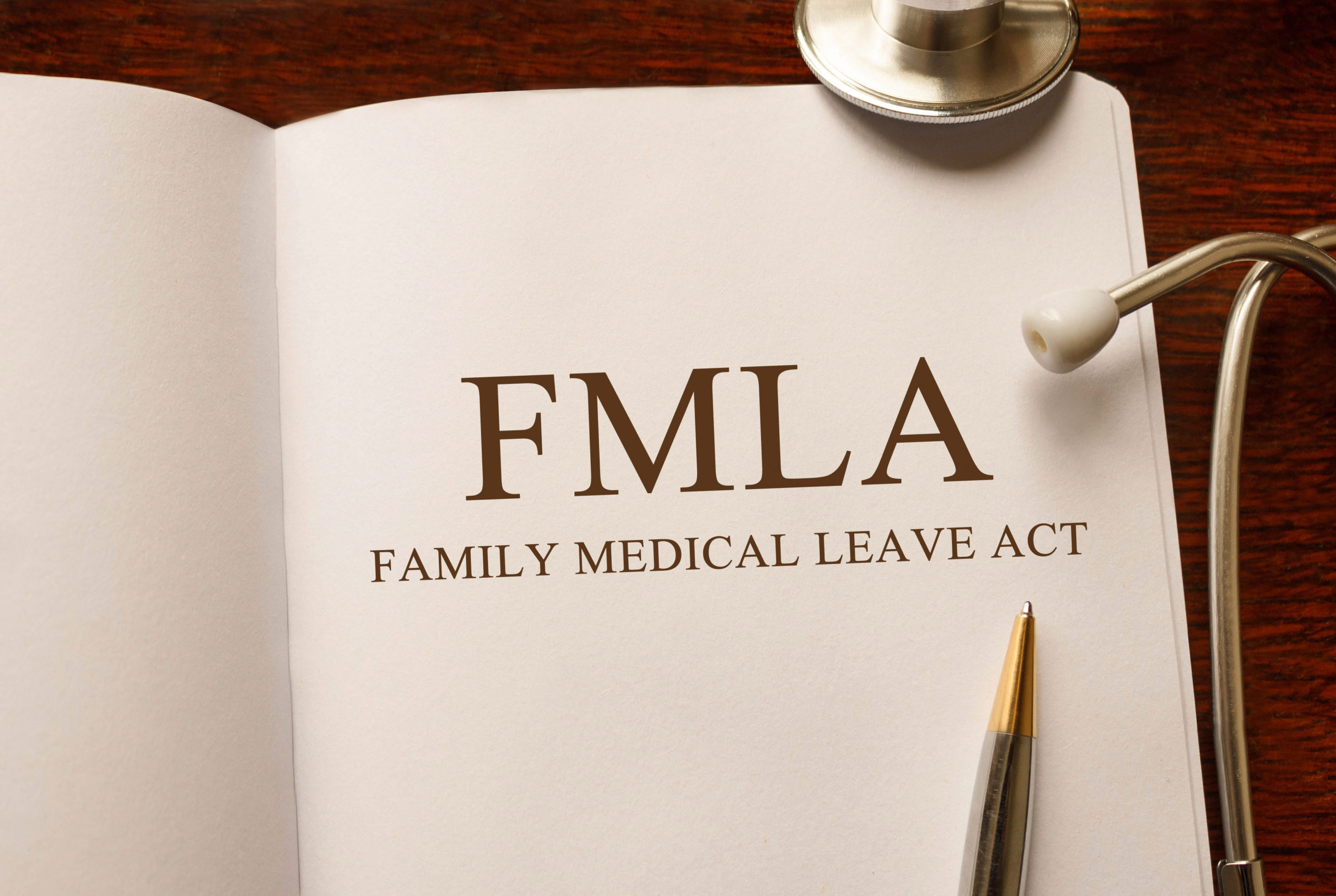Federal and California statutes provide workers with several ways to take time off from work. Although many of the laws offer unpaid time off, the time away from work allows workers to tend to family matters, take care of a medical issue, or enjoy time away from work for maternity leave. Laws at both the state and federal level label the time away from work as protected time off, which means employers must grant the request from workers to leave the workplace temporarily.
Unfortunately, some employers do not grant the request for protected time off or they never explain the protected time off policies established by state and federal laws. To make matters worse, many of the same employers that refuse to grant protected time off terminate employees that report the legal violations or take the time off anyway.
California law frowns upon the practice of wrongfully terminating an employee for requesting protected time off.
Let’s review the most common types of requests for protected time off from work.
Family and Medical Leave
A vast majority of workers in California can take up to 12 workweeks of protected time off from work for family and/or medical reasons. When an employer requests time off for medical or family reasons, the employer cannot terminate the employee for exercising a legal right.
Here are three examples of time off requests for family or medical reasons:
- Bond with a newborn child
- Care for a child, spouse, or parent who suffers from a serious disease or illness
- Recovering from a serious health condition that makes it impossible to complete ordinary job functions
Qualifying for medical or family leave depends on the reason for the worker requesting the time off from work.
Requesting Leave for a Serious Health Issue
An employee requesting leave to take care of a serious health issue or take care of a loved one who suffers from a serious health issue must meet three requirements. First, the employer must have at least 50 workers that live within 75 miles of the primary workplace. Second, the employee worked for the employer for 12 consecutive months before the date the leave started. Third, the employee worked a minimum of 1,250 hours during the 12 consecutive months.
California law defines a serious health condition as one of two things. An employee or a loved one must receive care at a hospice, hospital, or residential health care facility. The second way to qualify for a serious health condition is to receive continuous treatment under the guidance of a healthcare provider.
Maternity Leave
New mothers and fathers have the right to request time off from work to bond with a newborn. In addition to child bonding leave, mothers can ask for maternity leave. Expectant mothers can take time off for maternity leave and the 12 weeks granted for child bonding leave. Some California employers have terminated mothers for taking the additional 12 weeks of child bonding leave, which is against California’s wrongful termination statutes.

California also provides leave for expectant mothers that suffer from disabling pregnancy symptoms such as chronic and severe morning sickness. Some expectant mothers cannot move about at all, which requires them to get extended bed rest. California employers must grant pregnancy disability leave to expectant mothers.
Military Leave
California workers that sign up for military service can take up to five years of unpaid leave during the time they serve. Employers must offer prompt employment for military veterans when they decide to return to the workplace. An employer in California is prohibited from punishing a worker for joining the military, which includes filing termination papers while the worker serves. An interesting provision with this statute is an employer cannot fire a military veteran without cause for one year after the military veteran returns to work. To be eligible for the one-year employment protection, a military veteran must have served for more than 180 days.
Time off for Civic Duty
Every employer in California must allow their employees to take off to vote. However, employers can require that workers take time off to vote at the start or end of a regular shift. California employers must also grant leave for workers that are called for jury duty. Employers cannot fire any workers that serve on a jury, but they can require employees to give reasonable notice when called to jury duty.
If your employer has fired you for taking legally granted leave, contact a California employment attorney to discuss your legal options.





